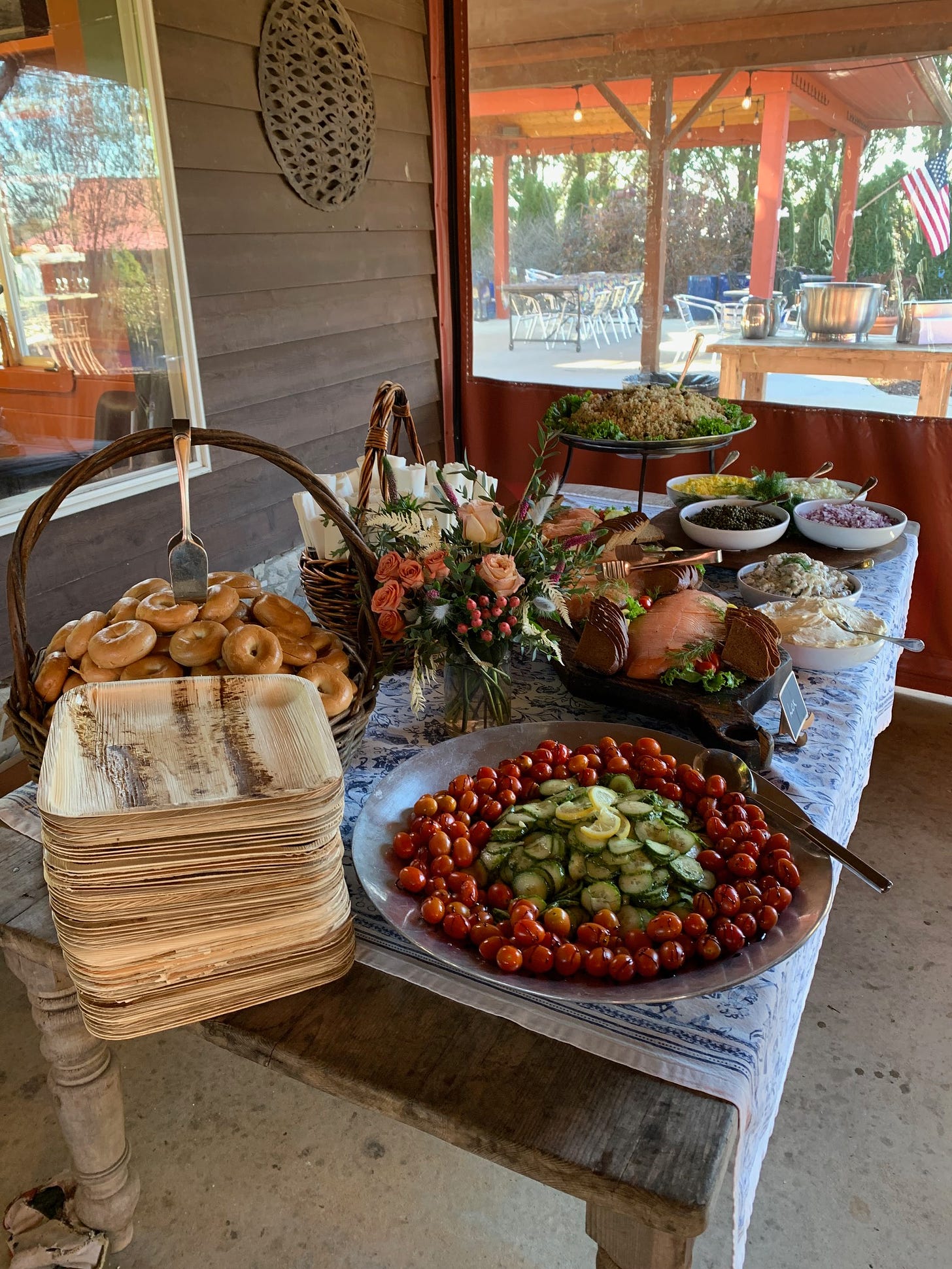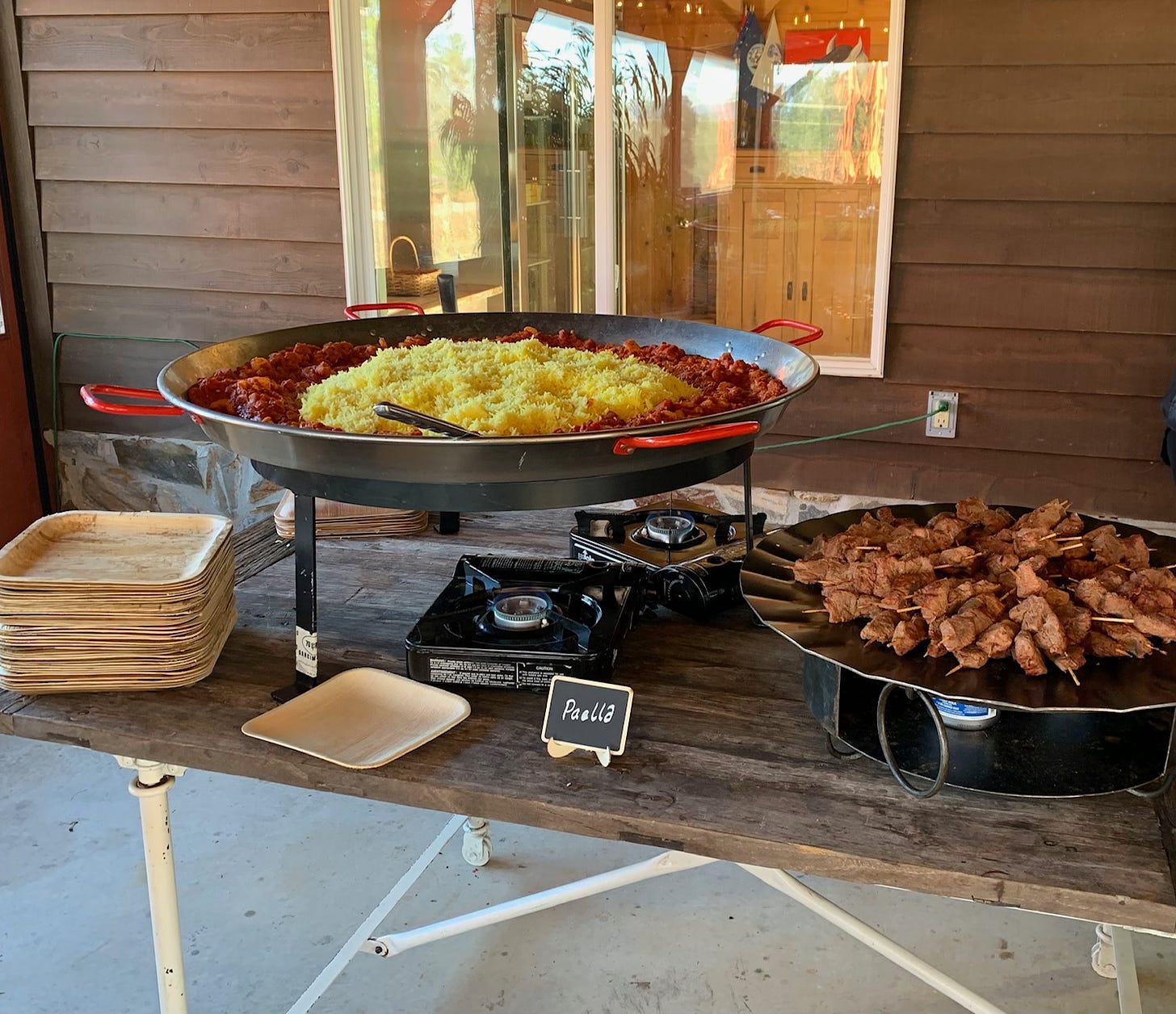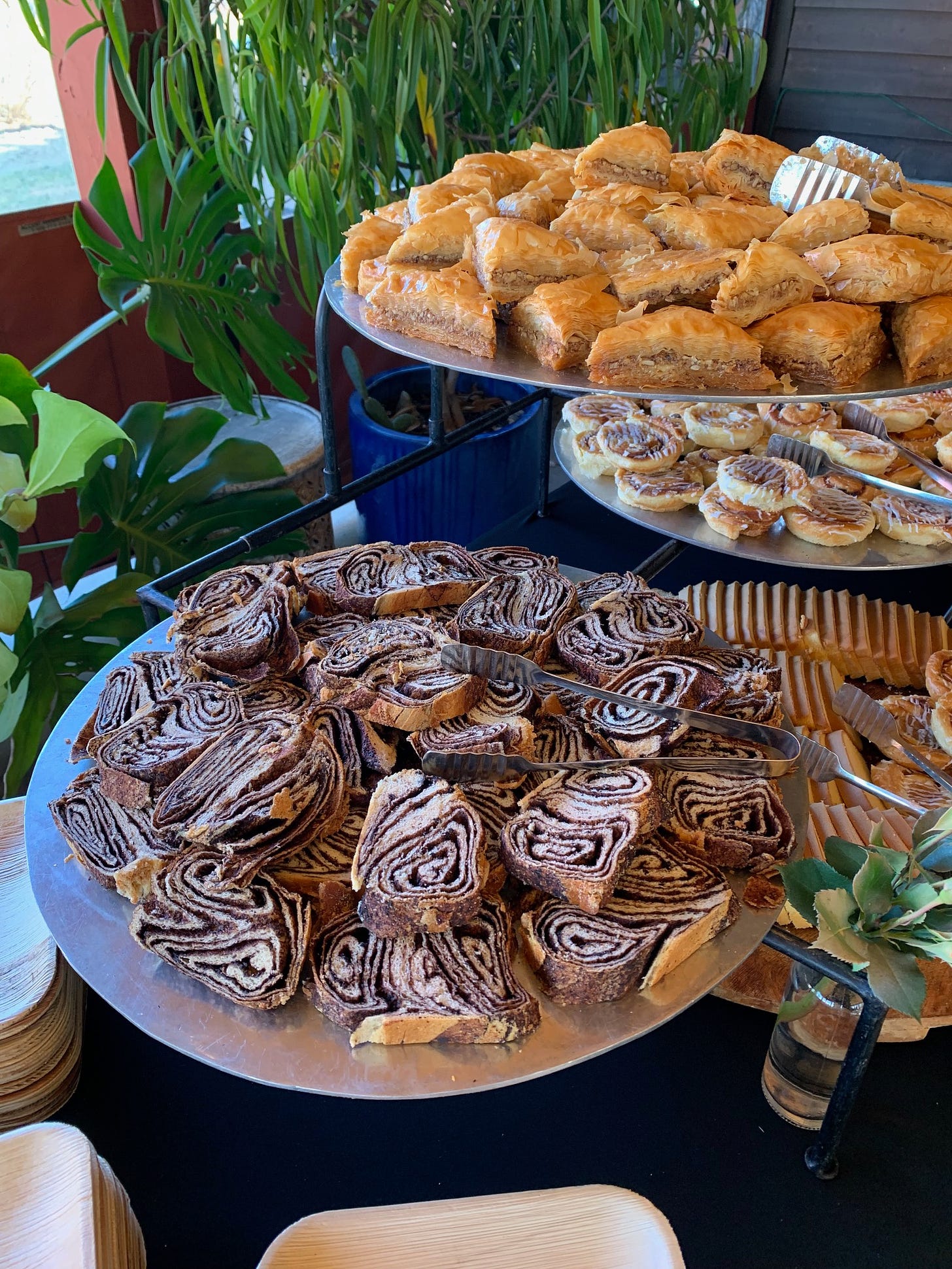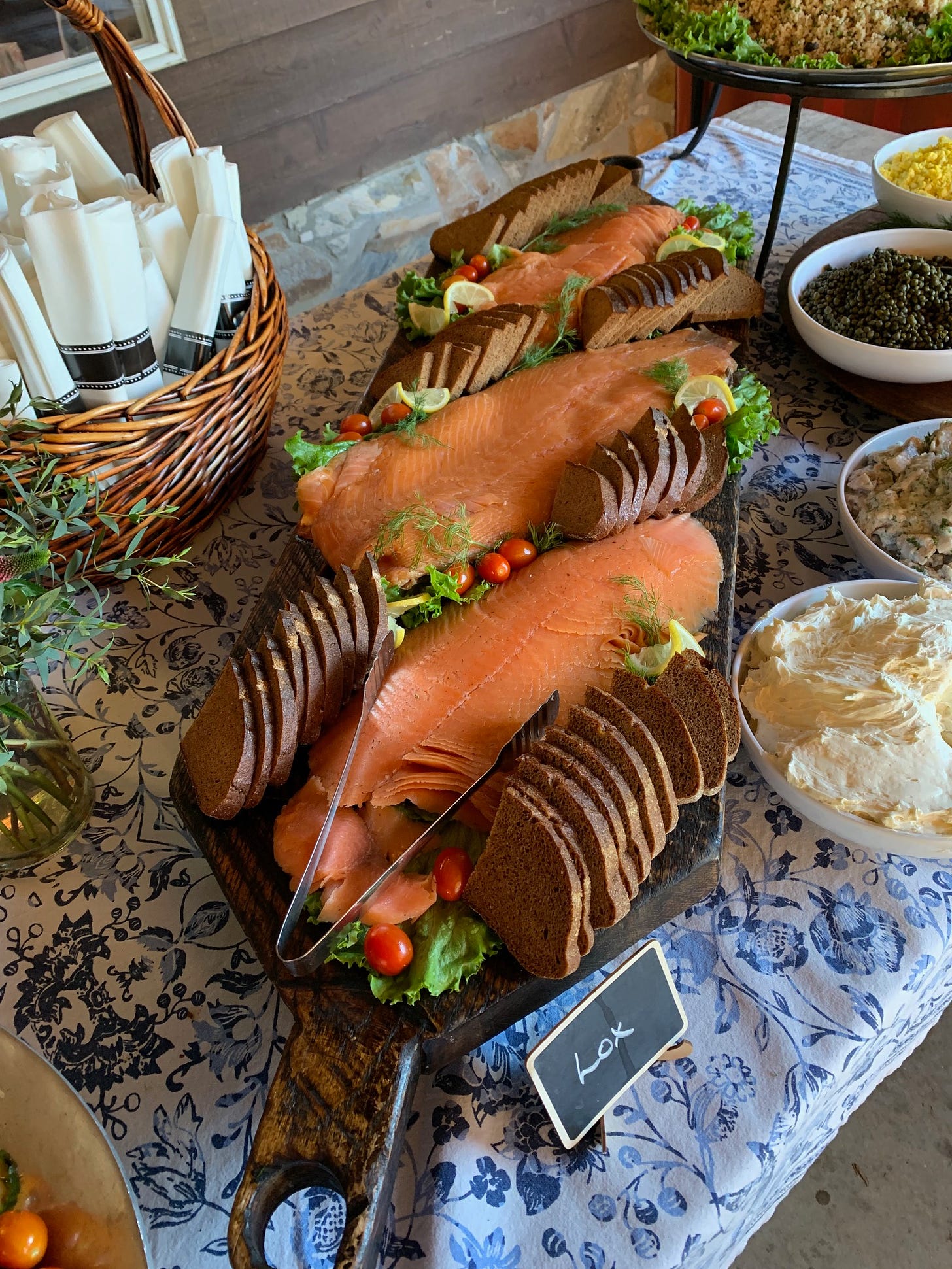My Week of Death and Learning
On losing a close relative and a former colleague in less than a week

Dear readers,
Normal posts from Drezner’s World will begin again on Monday. For those readers with little interest in personal posts, feel free to ignore this entry and wait for regular programming to resume.
For those of you still reading, it has been a difficult couple of months and an extremely difficult ten days. A few days into 2023, my mother-in-law Judith Golub passed away from acute myeloid leukemia (AML), which was diagnosed in the fall. Less than a week later an old colleague Blake Hounshell lost his battle with depression.
One of the beautiful, frustrating things about death is that the process of collective mourning often yields new ways of looking at the person who just passed away. This can be wonderful in seeing all sides of a person, and not just those aspects most directly related to family or work or whatnot. What can be vexing, however, is that one wishes those perspectives had been observable while that person was still alive. That applies to both Judy and Blake.
Here I must confess to having no comprehension of traditional mother-in-law clichés, because Judy was always one of my biggest boosters. Judy always wanted signed copies of my books, which she would share with friends. At her celebration of life ceremony I lost count of the number of times one of her friends came up to me and ask, “are you the professor?” She was never anything less than wonderful towards me.
For a variety of reasons that do not merit further public comment, Judy could be tentative and insecure at times when visiting the hard-working staff here at Drezner’s World. Which made it fascinating to visit her community in Tryon, North Carolina, where she lived the last eighteen months of her life. She had planned her celebration of life ceremony impeccably. I mean, look at this spread:
Judy did not mess around when it came to food.
More important was hearing the testimonials of Judy’s friends. She was a powerhouse in her community, forging ties across a wide array of groups. She was probably used to that: Judy was born in Nicaragua, emigrated to the United States, and moved around a few times in her youth. She got very adept at fitting in anywhere she lived, and making those around her the object of her sagacity. There are not a lot of Jews in rural North Carolina, and yet Judy made herself comfortable within that community without hiding her identity. One of her friends said, “I would never have know a bigger world if it wasn’t for Judy.”
I wish I had known that side of her while she was still alive.
As for Blake, please read the testimonials that Politico collected, as well as his obituaries in various news outlets. As they attest, he had a remarkable career in journalism, working for and with the best in the business. He was a phenomenal editor — so much so that I look at what I dashed off to Politico and cringe at how much better Blake could have phrased it.
When I started my eponymous blog more than a generation ago, Blake was a commenter on it. He was “praktike.” This might sound strange in 2023, but back in the days of Blogger it was possible to get to know your commenters pretty well. Blake stood out for his thoughtfulness and his decency in debating others.
I joined Foreign Policy a few years after he did, and a few years after that Blake started editing and suggesting topics for my lengthier columns. For someone used to writing whatever the hell they wanted and clicking “publish,” that could have been a tough transition. Blake made it easy. What stood out to me was Blake’s sense of play. He encouraged many of my more unusual columns for FP. I doubt I questioned a single edit he made.
Blake moved on from Foreign Policy to Politico and then the New York Times; I left FP soon afterwards. We were friends on social media but did not correspond much over the last decade. While we corresponded a lot back in our FP days, I think I met him in person only once or twice. I did not learn until his death that he was a stroke survivor, or that he was battling depression. Blake was so good at what he did professionally that it (stupidly) never occurred to me that there might parts of his life that might not be going as well. I wish he had known the high regard that so many felt for him — not just for being good at his job, but being a decent human being in an ecosystem that sometimes rewards cruelty.
If there is one thing I have learned from being married to a therapist, it is that depression and cancer have more in common that most people realize. Both illnesses have variations that are treatable and beatable. Both also have forms that are impervious to the most aggressive interventions. Unfortunately my mother-in-law and my colleague suffered from the more vicious variants.
I know Blake and Judy better after their death than during their life. Maybe that is always the way. But I hope their examples make me more ready to see more facets of my friends and colleagues in the future.
[To remember Judith Golub, please consider donating to HIAS — the Hebrew Immigrant Aid Society. To remember Blake Hounshell, please consider donating to his surviving family.]






Thanks for writing this Dan.
Sorry for your loss, and applause for expressing it so well.
It's perhaps harder to be sorry for your friend's loss, as we don't know what it is. Where is the proof the life is better than death? There is none, but only each of us trying to understand the unexplainable.
In the absence of any information, truth remains impossible, and we are left only with the stories we tell ourselves about the truth. And so the question becomes, not what is true, but what's a good story? What kind of story serves us best?
I don't know the answer to that either, but for myself, I'm going with the near death experiences story for now. That seems a mighty fine story to me.